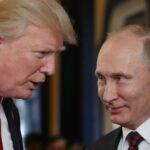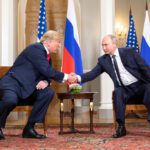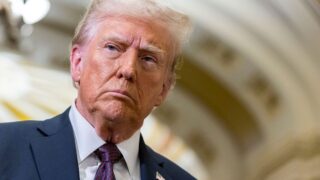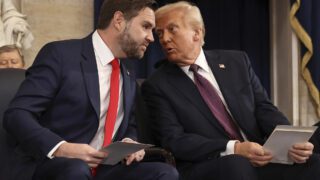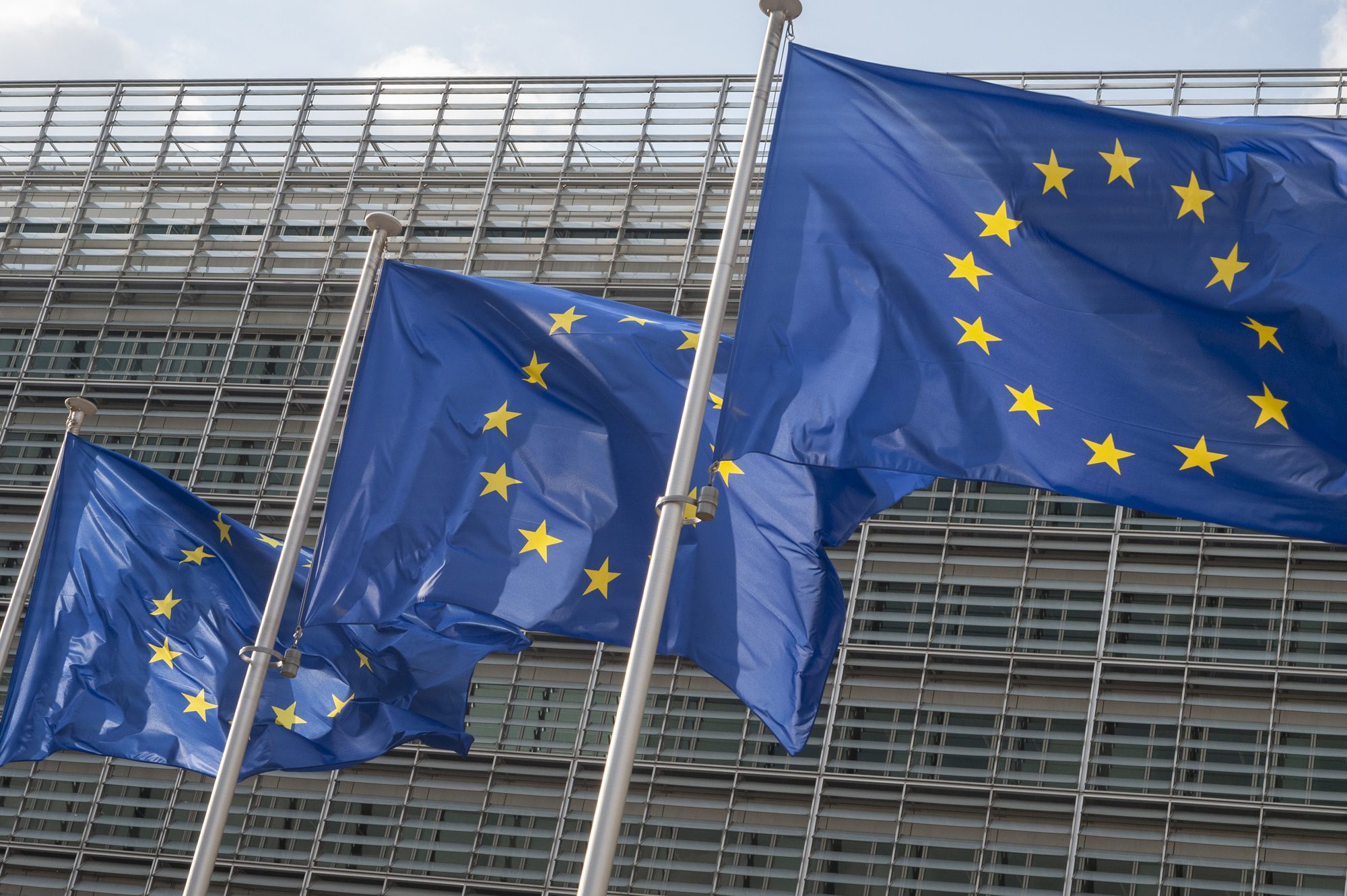
Reuters: EU plans stricter Russian sanctions enforcement amid Trump comeback concerns
European Union diplomats are preparing measures to strengthen sanctions against Russia independently, anticipating that former US President Donald Trump’s potential return to power could weaken Western efforts to isolate Moscow, Reuters reports citing sources familiar with the discussions.
According to Reuters, the talks among EU officials and envoys focus on several initiatives to ensure European sanctions remain effective long-term through enhanced enforcement, even if Washington changes its approach.
The proposed measures include:
- Implementation of “catch-all” clauses to identify and stop suspicious goods shipments meant for Russia
- Expanded oil shipping restrictions
- Potential changes to the six-month renewal requirement for Russian central bank assets freeze
Reuters reports that three EU diplomats confirmed some member states are working on implementing a “catch-all” clause that would apply to either battlefield goods or a broader range of banned exports. This would enable customs officials to halt shipments with questionable routing, such as those claiming to transit through Russia to Central Asian destinations.
Politico: EU eyes new Russia sanctions push as Hungary’s presidency nears end
Tom Keatinge from the Royal United Services Institute told Reuters that European policymakers had been preparing “autonomous European sanctions considering the possibility of a Trump presidency,” noting that Europeans would need to become “much more muscular in enforcement action” without US backing.
The sources indicated that European officials are particularly concerned after their experience during Trump’s previous presidency, when the US unilaterally withdrew from the Iran nuclear deal and reinstated sanctions, leaving Europe isolated.
According to Reuters, diplomats will wait until year-end before serious discussions on new restrictions, coinciding with Poland taking over the EU’s rotating presidency from Hungary. The overhaul could extend the Russian central bank assets freeze period from six to 36 months.
Related:

